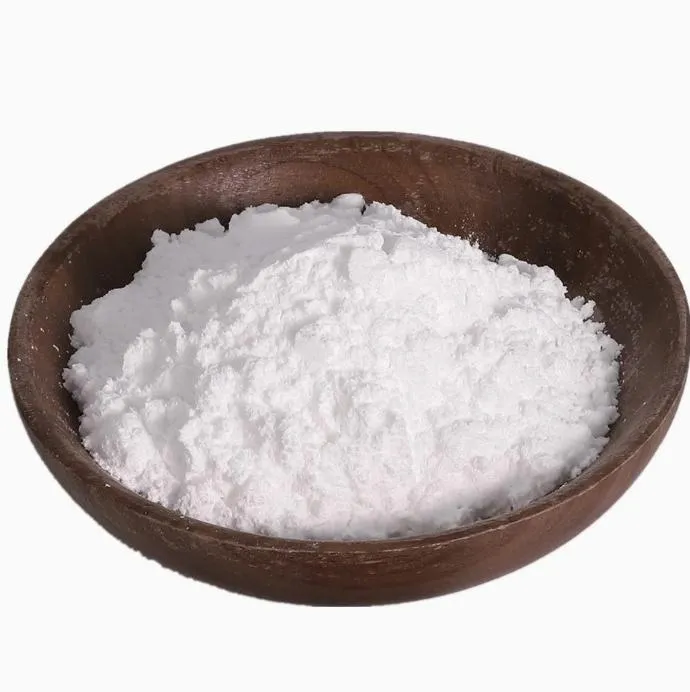Warning: Undefined array key "title" in /home/www/wwwroot/HTML/www.exportstart.com/wp-content/themes/1198/header.php on line 6
Warning: Undefined array key "file" in /home/www/wwwroot/HTML/www.exportstart.com/wp-content/themes/1198/header.php on line 7
Warning: Undefined array key "title" in /home/www/wwwroot/HTML/www.exportstart.com/wp-content/themes/1198/header.php on line 7
Warning: Undefined array key "title" in /home/www/wwwroot/HTML/www.exportstart.com/wp-content/themes/1198/header.php on line 7
- Afrikaans
- Albanian
- Amharic
- Arabic
- Armenian
- Azerbaijani
- Basque
- Belarusian
- Bengali
- Bosnian
- Bulgarian
- Catalan
- Cebuano
- China
- China (Taiwan)
- Corsican
- Croatian
- Czech
- Danish
- Dutch
- English
- Esperanto
- Estonian
- Finnish
- French
- Frisian
- Galician
- Georgian
- German
- Greek
- Gujarati
- Haitian Creole
- hausa
- hawaiian
- Hebrew
- Hindi
- Miao
- Hungarian
- Icelandic
- igbo
- Indonesian
- irish
- Italian
- Japanese
- Javanese
- Kannada
- kazakh
- Khmer
- Rwandese
- Korean
- Kurdish
- Kyrgyz
- Lao
- Latin
- Latvian
- Lithuanian
- Luxembourgish
- Macedonian
- Malgashi
- Malay
- Malayalam
- Maltese
- Maori
- Marathi
- Mongolian
- Myanmar
- Nepali
- Norwegian
- Norwegian
- Occitan
- Pashto
- Persian
- Polish
- Portuguese
- Punjabi
- Romanian
- Russian
- Samoan
- Scottish Gaelic
- Serbian
- Sesotho
- Shona
- Sindhi
- Sinhala
- Slovak
- Slovenian
- Somali
- Spanish
- Sundanese
- Swahili
- Swedish
- Tagalog
- Tajik
- Tamil
- Tatar
- Telugu
- Thai
- Turkish
- Turkmen
- Ukrainian
- Urdu
- Uighur
- Uzbek
- Vietnamese
- Welsh
- Bantu
- Yiddish
- Yoruba
- Zulu
Oct . 22, 2024 07:27 Back to list
Understanding Aspartame's Impact on PKU and Dietary Guidelines for Phenylketonuria Patients
Astounding Insights into Aspartame and Phenylketonuria (PKU)
Aspartame is a low-calorie sweetener that has gained immense popularity in various food and beverage products, particularly for those seeking to reduce sugar intake without sacrificing sweetness. It is approximately 200 times sweeter than sucrose (table sugar) and is commonly found in diet sodas, sugar-free gum, and a myriad of other “light” or “diet” products. Despite its widespread acceptance, there exists a critical association between aspartame and a genetic disorder known as phenylketonuria (PKU).
Phenylketonuria is a rare, inherited metabolic disorder that affects the body’s ability to break down an amino acid called phenylalanine. Phenylalanine is found in many protein-rich foods and is crucial in the body’s processes. However, in individuals with PKU, the enzyme required to convert phenylalanine into tyrosine is deficient or absent, leading to a dangerous accumulation of phenylalanine in the blood. If left untreated, high levels of phenylalanine can cause severe intellectual disability and other neurological issues.
Astounding Insights into Aspartame and Phenylketonuria (PKU)
Due to these risks, packaging for food and beverage products containing aspartame must include a warning for individuals with PKU. The label typically states, “Contains phenylalanine,” alerting consumers to the potential danger. This is crucial, as awareness of this condition is not widespread among the general population. For those diagnosed with PKU, strict dietary management is essential, often involving the avoidance of high-protein foods and products containing aspartame. The right dietary management can prevent the adverse effects of phenylalanine buildup, allowing individuals with PKU to lead healthy lives.
aspartame pku

Interestingly, the rise in artificial sweeteners, including aspartame, reflects changing dietary habits and increasing health consciousness. With the global rise in obesity and associated diseases, there has been a significant demand for sugar substitutes. However, such advancements in food technology must remain inclusive and considerate of individuals with metabolic disorders like PKU.
Research continues to explore the implications of aspartame for individuals with and without PKU. Studies on the safety of aspartame have produced mixed results, emphasizing the need for ongoing evaluation and monitoring. Regulatory agencies like the U.S. Food and Drug Administration (FDA) and the European Food Safety Authority (EFSA) have conducted extensive research, ultimately concluding that aspartame is safe for human consumption for the general population. However, the reassurance is not applicable to those with PKU, highlighting the importance of personalized dietary advice.
Support networks and organizations for PKU, such as the National PKU Alliance in the United States, play a vital role in advocacy, research funding, and providing resources for affected individuals and families. They work tirelessly to raise awareness about PKU, educate society about dietary restrictions, and lobby for better labeling practices on food products.
In conclusion, aspartame presents a fascinating study of the intersection between modern dietary practices and genetic disorders such as PKU. While it offers a sweet solution for many, the implications for individuals with PKU underline the necessity for thoughtful consumption and rigorous dietary management. Awareness, education, and responsible labeling are essential to ensure that those affected by PKU can avoid the potential pitfalls associated with this prevalent artificial sweetener. As the world embraces the conveniences of modern food technology, the dialogue surrounding health, safety, and individual needs must remain at the forefront.
Latest news
-
Certifications for Vegetarian and Xanthan Gum Vegetarian
NewsJun.17,2025
-
Sustainability Trends Reshaping the SLES N70 Market
NewsJun.17,2025
-
Propylene Glycol Use in Vaccines: Balancing Function and Perception
NewsJun.17,2025
-
Petroleum Jelly in Skincare: Balancing Benefits and Backlash
NewsJun.17,2025
-
Energy Price Volatility and Ripple Effect on Caprolactam Markets
NewsJun.17,2025
-
Spectroscopic Techniques for Adipic Acid Molecular Weight
NewsJun.17,2025

